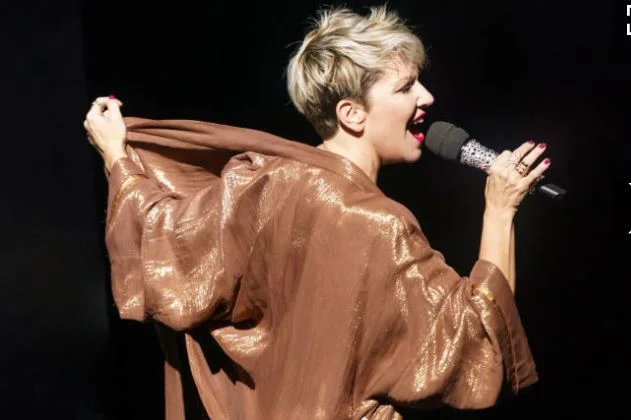Whilst the first of three versions of Fidelio was premiered in Vienna in 1805, it wasn’t until 1814 that the final version titled Fidelio – as opposed to Leonore for the previous two – was itself premiered to critical acclaim, with the original three Act version now reduced to two Acts. This was Beethoven’s only opera and he best described it in a letter to one of his Librettists, Georg Friedrich Treitschke, that his ‘Cooperation had saved what is best from the shipwreck’.




















